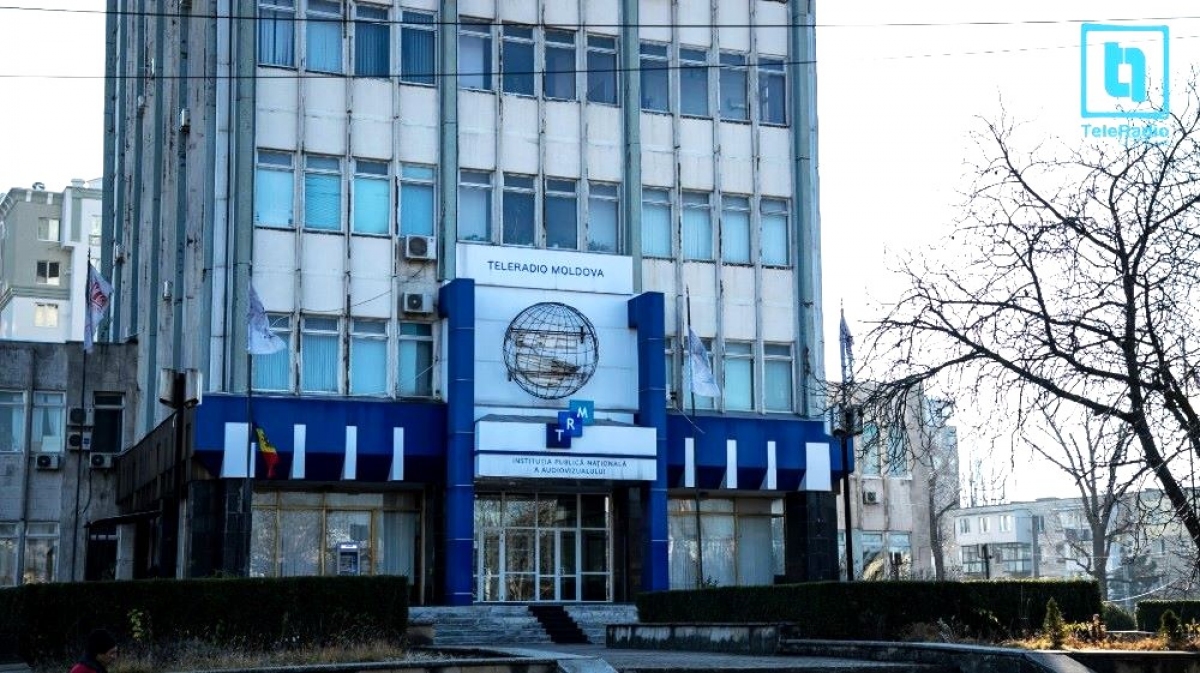The Legislative Amendments That Brought TRM Back under Parliamentary Control Will Be Revised Next Year, According to the President of the Media Committee
Felicia Nedzelschi

Until the end of 2025, the deputies are supposed to review the audiovisual legislation amendments which brought back the public media service provider under parliamentary control in autumn 2021 and intervened in the tools which provided for the independence of the Broadcasting Council (BC) and Teleradio-Moldova (TRM). It is the statement by Liliana Nicolaescu-Onofrei, President of the Parliamentary Commission for the Media, in the context of several recommendations from the study recently published by Freedom House in Moldova which assesses the legal framework in the sphere and its compliance with the international standards.
THE EXPERT’S FINDINGS
In April 2024, Deirdre Kevin, media law and policy expert, conducted a study to analyze the gaps in the broadcasting legislation and its compliance with several European and international standards. One of her conclusions stated that the TRM general director was supposed to be appointed not by Parliament, but by the governing body of the public provider, the CSD. “The current provisions in this sphere do not comply with the European standards and practices,” the author of the report concludes, and the political control over this process is already excessive, as five out of CSD seven members are also appointed by the political authorities (the Parliament, the Government, and the Presidency).
At the same time, the procedure for organizing the public competition for this position and selection criteria for the right candidate should be clarified.
Kevin also emphasized the method of dismissing the CSD members on the basis of the annual activity report presented at the plenary session of the legislative authority. “This tool is very arbitrary, it can be applied in an abusive way and should be abandoned,” she concludes.
COMMENTS BY THE SPECIAL COMMISSION
“The expert is right. Moreover, I would like to continue her thought by saying that the CSD should not be appointed by the Parliament either,” Adela Raileanu, vice-president of the special parliamentary committee, believes. The opposition representative recalls the fact that, 20 years ago, the TRM staff protested against the political control, and refers to the broadcasting legislation amendments adopted in 2021.
“Unfortunately, during the governance that declares itself European, the legislation is amended, and this institution finds itself under political control again, let me put it this way, and obeys the Parliament. What is even worse, the committee of ministers of the Council of Europe has already twice requested the Republic of Moldova to revise this law. Nothing has been done in this regard, and the majority has failed to consider this request,” Raileanu says.
The BCS fraction deputy considers that the formula applied until 2021 needs to come back into force. “The CSD has to be selected, and it could appoint the general director, as well as the directors of Radio Moldova and Moldova 1. At least, it would imply give greater independence of the head of this institution. Otherwise, it would be quite complicated,” she believes.
On the other hand, Liliana Nicolaescu-Onofrei, the PAS deputy and president of the specialized committee at the legislative authority, affirms that the parliamentary majority will modify the procedure for selecting and appointing the members of the Broadcasting Council, the CSD, and the TRM management. “The deadline is until the end of 2025, but obviously, it will be done a bit earlier. It is important for these entities to be irremovable, that is, their members should not be dismissed in an abusive manner. But I guess we will also provide some suggestions regarding the competences of the persons who could assume these positions,” Nicolaescu-Onofrei has told Media Azi.
She justifies the criticized legislation saying that, “when the law was amended, the situation was drastic.” “Everyone admitted that the [Broadcasting – editor’s note] Council which functioned in the Plahotniuc rimes was not doing its job properly and had to be dismissed,” she adds.




